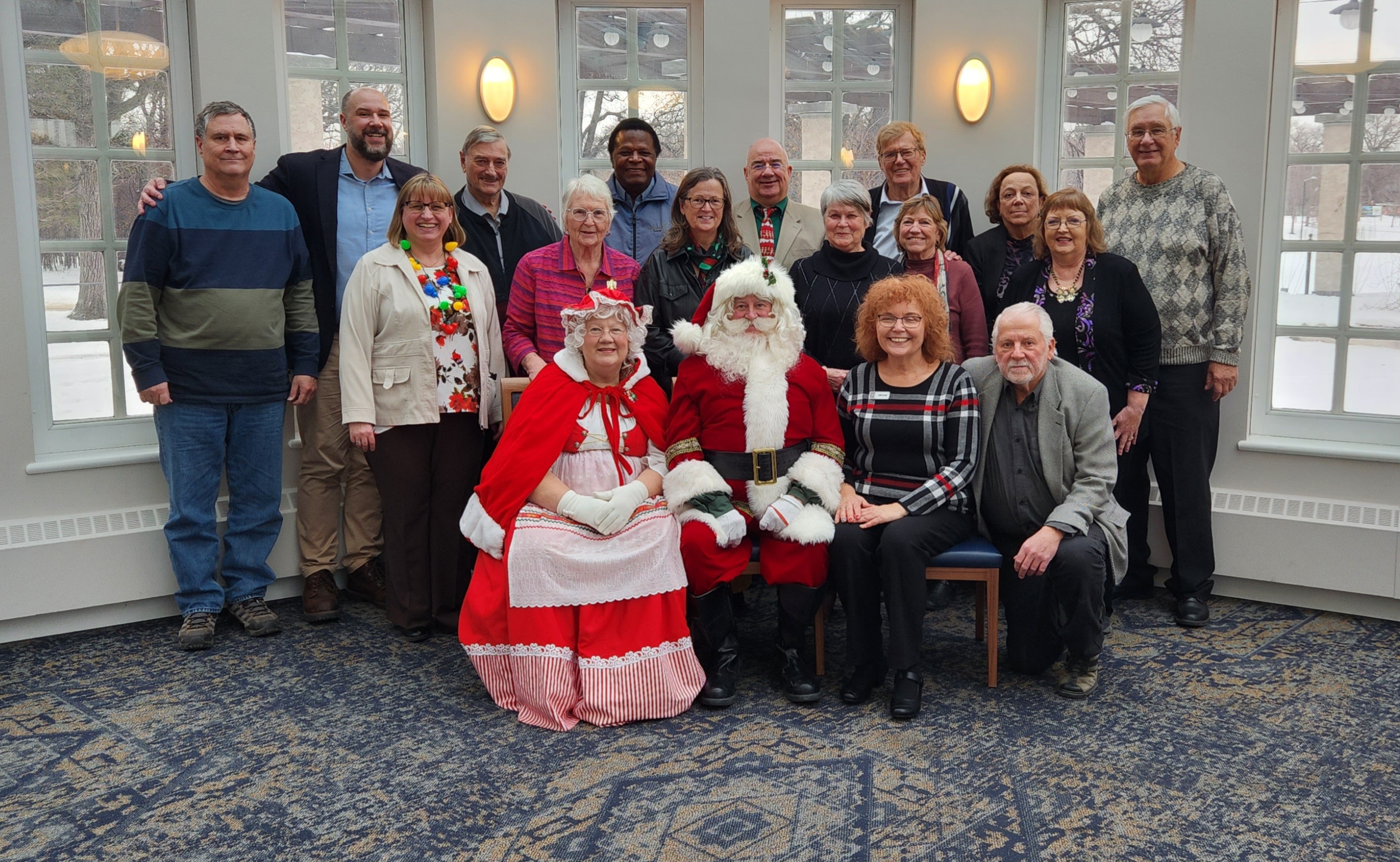RTAM connects members with many events throughout the year.
From helpful workshops to make the most of your retirement, to wellness seminars, to social activities, our members can access plenty of opportunities to connect with fellow retired teachers.
Our flagship events include an annual general meeting every spring and a golf tournament in the summer.
For chapter events, connect with the respective chapter for more information.
Upcoming Events
Members can go to the member portal to browse and register for upcoming events.



